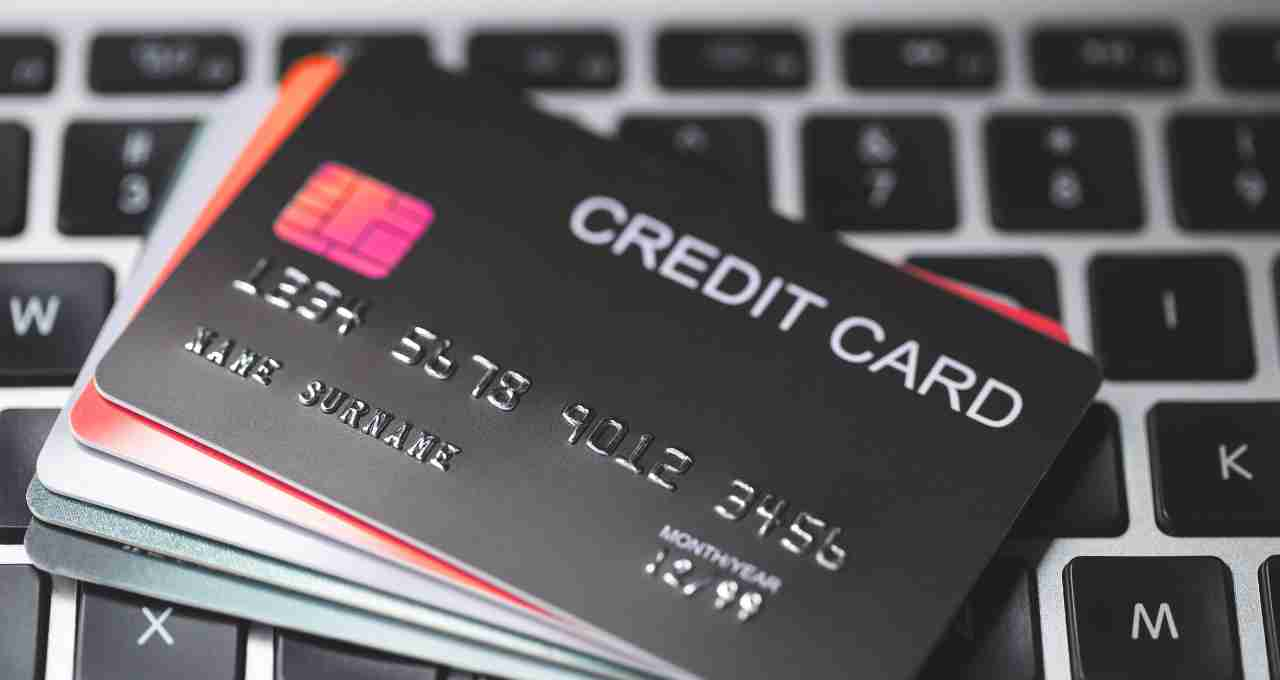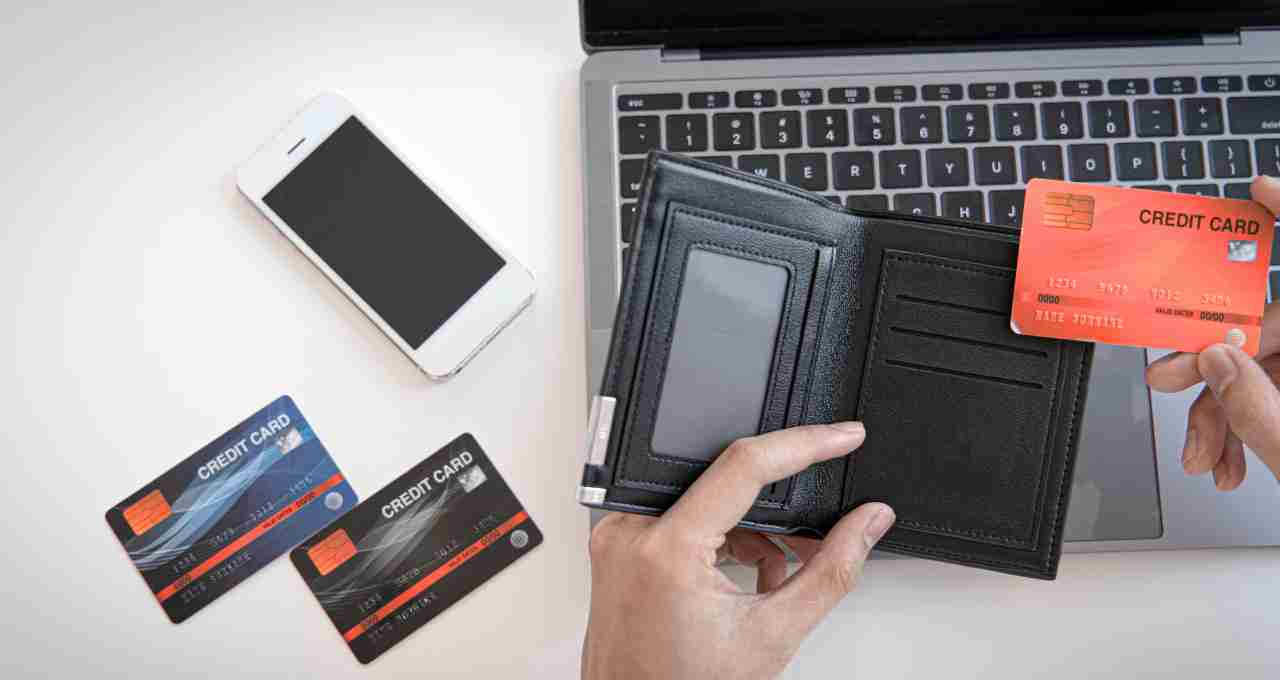If a credit card user dies without paying their outstanding bill, the question arises as to whom the bank will recover the dues from.
In today's world, a credit card is no longer a luxury but a necessary financial tool. It simplifies shopping and bill payments and can act as a short-term loan in emergencies. However, the question arises when a credit card user dies suddenly leaving an outstanding balance. It becomes crucial to understand whether the bank will recover the money from the family or if the debt will be automatically waived.
Let's understand in simple terms the bank's role after the death of a credit card holder, the impact on the family, and the applicable rules.
Unsecured Credit Cards: Responsibility solely rests with the cardholder

Most credit cards fall under the category of unsecured loans. This means the bank provides this credit facility based on your income, credit score, and financial history. No guarantee or collateral is required.
If the cardholder dies with an outstanding balance, the bank cannot legally pressure any family member to recover the amount. This means the spouse, parents, or children have no personal liability unless they are co-joint holders of the card.
This rule is based on banking regulations and the Reserve Bank of India's (RBI) consumer protection guidelines.
What does the bank do? Attempts recovery from the estate
After the death of the cardholder, if an outstanding balance remains on the credit card, the bank first obtains information about the deceased's estate. This includes bank balances, investments, property, or other assets held in the deceased's name.
The bank attempts to recover the outstanding amount from these assets through legal processes. For this, the bank requests the death certificate and documents related to the legal heir(s).
If the amount cannot be recovered from the estate, the bank has to write off the debt. In this situation, the family members do not face any legal or financial difficulties.
When can the debt be waived? Here are the conditions

- No assets: If the deceased has no assets of any kind and the bank has no means of recovering the outstanding amount, the bank is forced to waive the debt.
- Legal heir renounces the estate: Sometimes, the legal heir refuses to accept the deceased's estate. In such a situation, they can avoid the liabilities along with the inheritance.
- Insurance coverage: Some premium credit cards offer credit life insurance. If the customer has opted for it, the insurance company pays the outstanding amount in case of death.
Secured Credit Cards: A safety net for the bank
Banks offer secured credit cards to individuals with poor credit history. These cards are usually issued in exchange for a fixed deposit (FD). The FD amount is equal to or slightly higher than the card's credit limit.
If a secured cardholder dies, the bank does not need to ask the family members for any amount. It directly encashes the FD to recover its dues. If the FD amount exceeds the credit card's outstanding balance, the remaining amount is returned to the legal heir(s).
This process is also entirely legal and free from disputes.
Rules applicable to personal, home, and auto loans
Personal Loan: This is also an unsecured loan. The same rules apply as for credit cards. If the deceased has no assets, the bank has to waive the debt.
Home and Auto Loans: These are secured loans, meaning the house or vehicle is mortgaged with the bank. In case of the loan borrower's death and cessation of EMI payments, the bank can auction the asset to recover its money. If the family members want to repay the loan, they have to become the legal heirs and continue paying the loan installments.
What should the family do? Important suggestions
- Immediately provide the death certificate to the bank: As soon as a credit card holder dies, the family should inform the bank and submit the death certificate.
- Do not make any payments: Do not pay any amount to the bank until it is clear that you are the heir and are accepting the estate. Making a payment can make you legally liable.
- Inform the credit bureau: So that the credit report of the deceased can be updated after their death and to prevent any future financial fraud.
- Check the insurance policy: Often, the cardholder has life insurance or credit card insurance. In such cases, the outstanding amount can be paid from the insurance.












